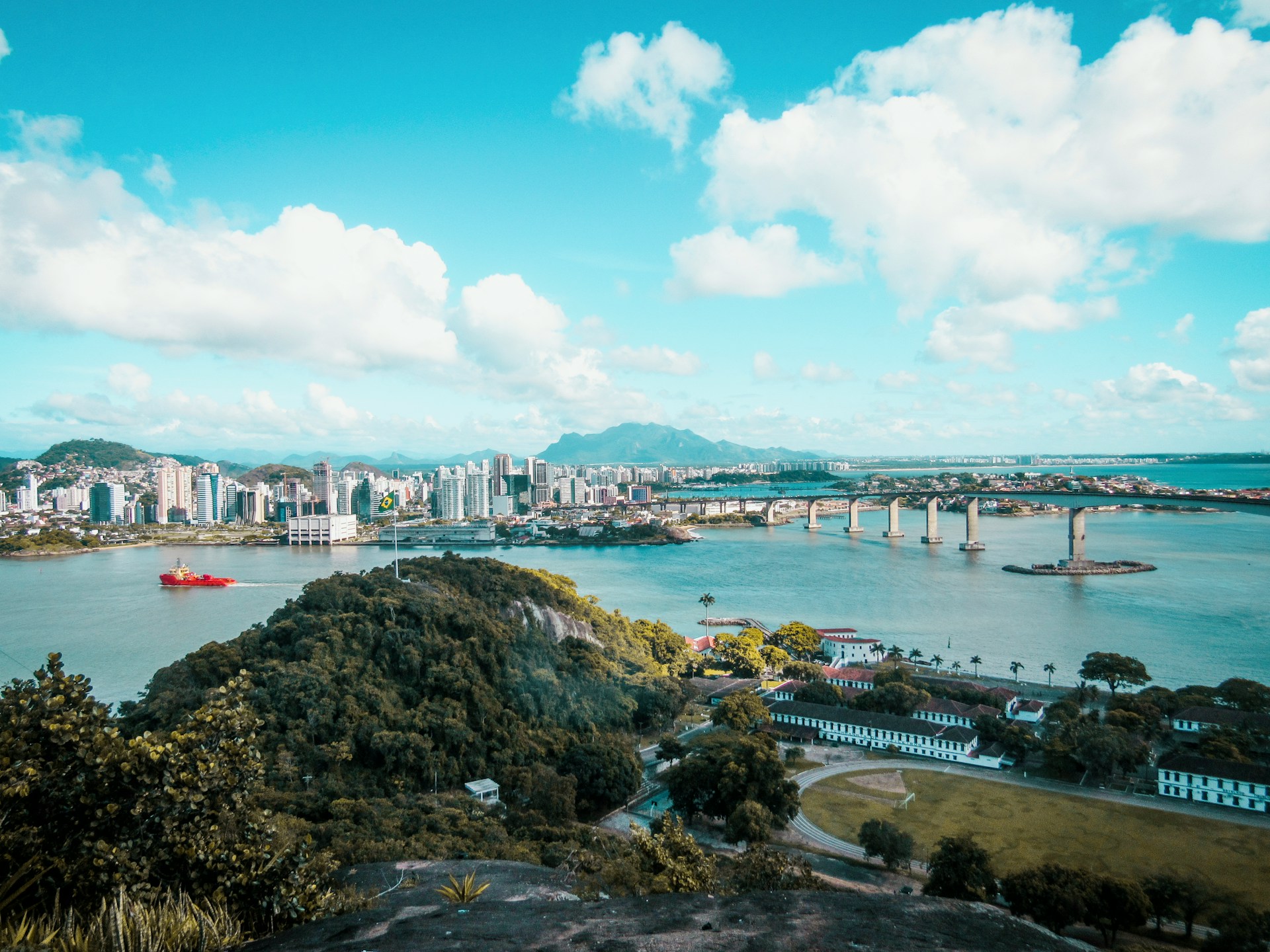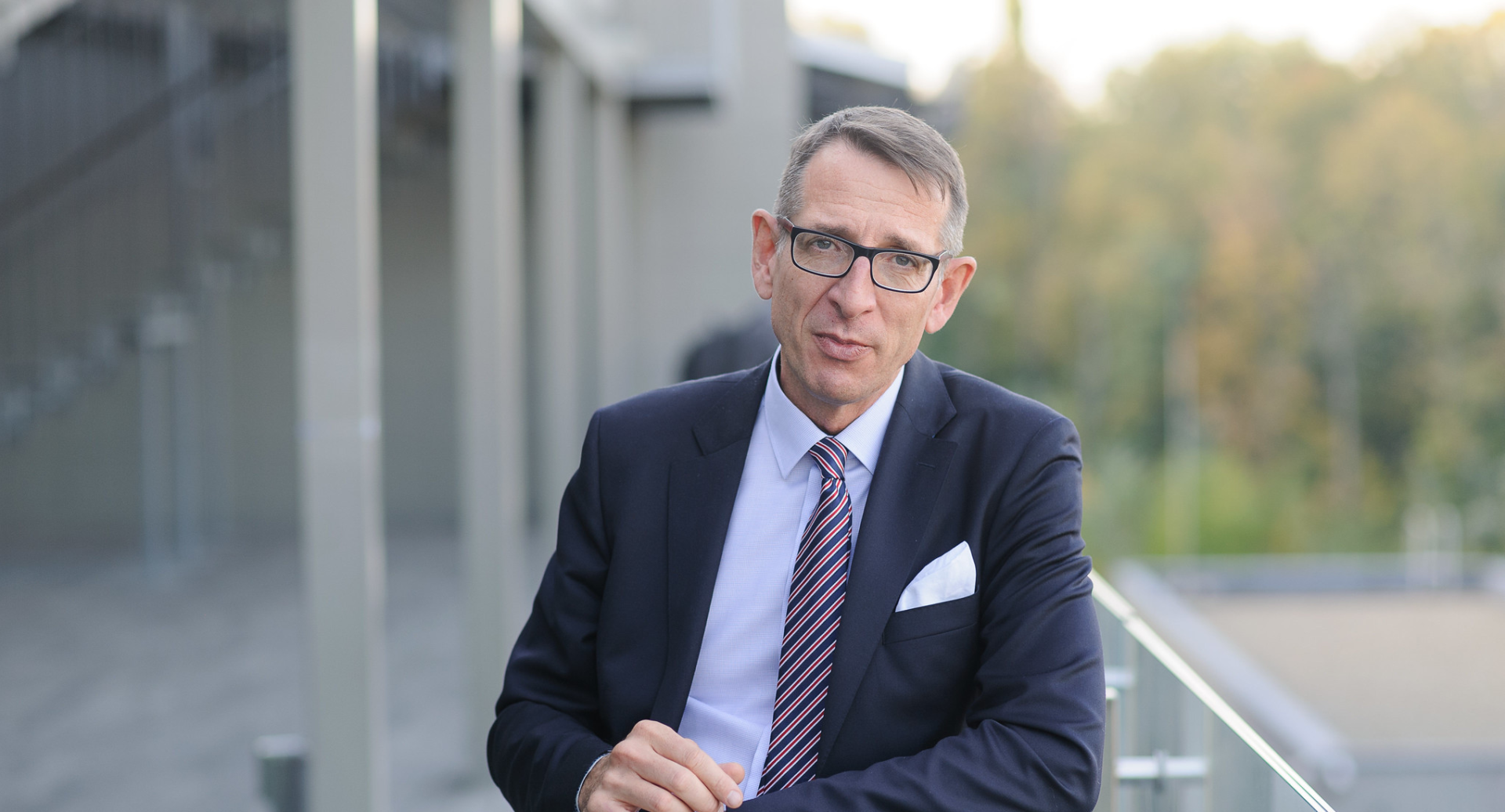Creating the Best Conditions for Venture Capitalists
Securing venture capital is a critical step for many startups aiming to scale their operations, innovate, and capture market share. Venture capitalists (VCs) navigate multiple issues before investing, such as government regulations, global economic conditions, and the potential trajectory of the innovation.
Regulatory frameworks significantly impact venture capital investment. VCs look for environments where regulations are supportive of business growth and innovation. VCs prefer investing in countries with stable currencies and low inflation rates to minimize financial risks. A stable political environment reduces the risk of abrupt policy changes that could negatively impact investments.
A vibrant innovation ecosystem is also a must – consisting of research institutions, universities, and tech hubs that are crucial to attract venture capital. Governments keen on attracting global VCs should also invest in strengthening their education system, particularly in STEM (Science, Technology, Engineering, and Mathematics) fields, which should also go together with favorable immigration policies, that provides seamless study and working visas to global talent.
In the aftermath of the pandemic, most government treasuries are strained and could benefit from VC funding in health, energy, and social startups. These startups will not only attract much-needed foreign investments but also offer products and services that benefit the local communities.
How can government ministries create the best conditions for entry of VCs? This forms the crux of one of the panel sessions at the upcoming Horasis Global Meeting in Vitória, in the state capital of Espírito Santo, Brazil. The two-day event, taking place from October 25-26, 2024, will bring together leaders from businesses and governments to seek solutions to pressing global challenges, including climate change, inequality, and peace.
Brazil’s Attractiveness
Brazil is the largest and most populous country in Latin America and by 2020, the country boasted a GDP of over US$1.4 trillion with over 13,000 startups registered. Moreover, Brazil is home to eight unicorn companies, valued at over US$1 billion, such as Nubank, iFood, and Gympass.
Several factors contribute to Brazil’s VC and startup boom. Amid the pandemic, Brazil’s economy demonstrated resilience. It grew by 1.1% in 2019 and only contracted by 4.1% in 2020, less than the regional average of 6.7%. By 2024, Brazil’s GDP is expected to grow by 1.7%, while its macroeconomic conditions remain stable, supported by large international reserves, low external debt, a credible central bank, a resilient financial system, and exchange rate flexibility.
These factors boost investor and entrepreneur confidence, making Brazil an attractive market for VC and startup ventures.
Brazil’s large and diverse consumer market is another significant factor. Its growing middle class, with over 42 million people joining since 2003, makes Brazil one of the largest consumer markets worldwide. By 2030, the middle-class population is expected to reach 120 million, with more disposable income and a desire for high-quality products and services.
The Brazilian government has also implemented various policies to foster the VC and startup ecosystem. The InovAtiva Brasil program, launched in 2013, supports and accelerates high-impact startups through mentoring, training, networking, and investor access. Additionally, the Legal Framework for Startups, enacted in 2021, aims to simplify the legal and regulatory environment for startups by reducing bureaucracy, facilitating access to public procurement, and creating a sandbox for testing new technologies.
Creating Favorable Conditions
One of the primary challenges facing the VC and startup market in Brazil is the education and skills gap, which impacts the quality and quantity of available human capital. To address this, Brazil must enhance its education system and strengthen its STEM capabilities. In 2022, UNESCO launched the #EDUCASTEM2030 initiative to promote the inclusion of girls and women in STEM fields. This project aims to raise awareness and drive change through a pedagogical approach in schools, focusing on life projects for both girls and boys, with special emphasis on students from socially vulnerable groups, including Black, Indigenous, quilombolas, LGBTI+, and low-income individuals.
Additionally, Brazil needs to improve its infrastructure and connectivity. This includes expanding and upgrading the broadband network, as well as enhancing the transport and logistics network. These improvements are essential to provide better access to digital and physical services and resources for the VC and startup market.
Creating optimal conditions for venture capitalists requires a multi-faceted approach. Key elements include supportive government regulations, a stable economic and political environment, a robust innovation ecosystem, and access to a talented workforce.
Photo Caption: State of Espírito Santo, Brazil. The Brazilian government has implemented various policies to foster the VC and startup ecosystem.



